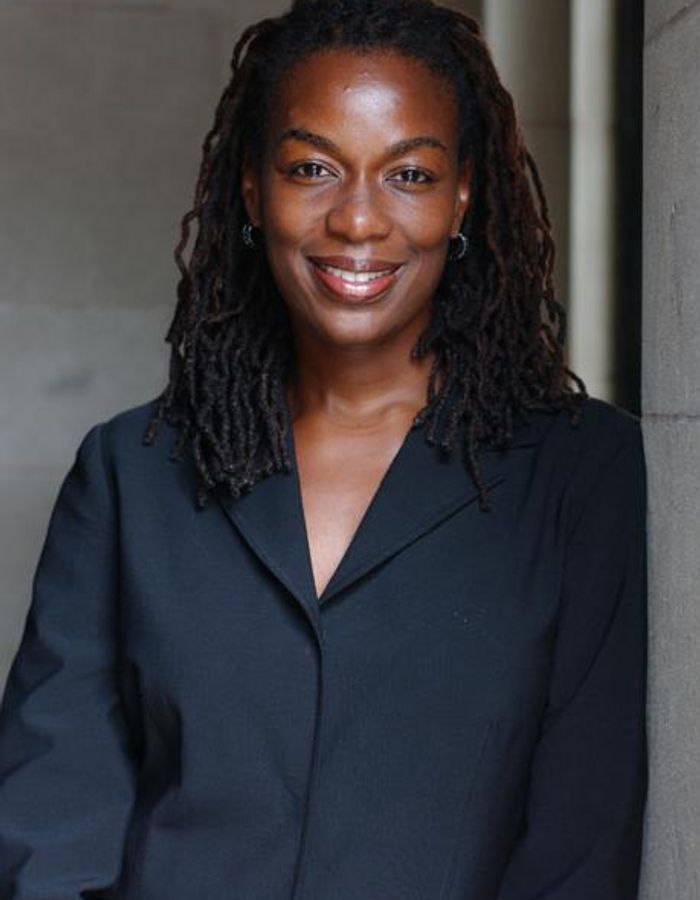BRIDGE Insights – Top concerns and opportunities for charities during COVID-19

There is a growing need to be more digital to support your organisation. As charities move their services online to survive, it is imperative to build your team’s digital skills.
As part of our BRIDGE programme, we’ve launched a survey for our latest cohort’s 555 applicants to find out more about their level of confidence in digital engagement skills and the impact of COVID-19.
On our first blog, we’ve looked at the global demand from charities to be more digital and the impact of COVID-19.
Today we’re looking at the top concerns and opportunities for charities during COVID-19.
What are the main concerns for charities around COVID-19?
Unsurprisingly, 95% of the applying organisations to the BRIDGE programme have been affected by COVID-19.
Their services are needed more than ever though with 47% of them directly responding to the crisis during this pandemic.
Despite their essential work, there are many challenges that can significantly impact many of the organisations.
We’ve asked our BRIDGE applicants to mention their top concerns about their survival during COVID-19.
Here are the 11 themes:
- Cause area is not front-line
- Economic downturn
- Levels of unemployment
- Unprepared or unable to switch to digital
- Increased competition for donations
- Lack of diversity in fundraising streams
- Loss of volunteers internationally/locally
- Fewer donations and higher demand
- Digital reach is not large enough
- Economic repercussions of Covid-19
- Worried about the future of those they are trying to help
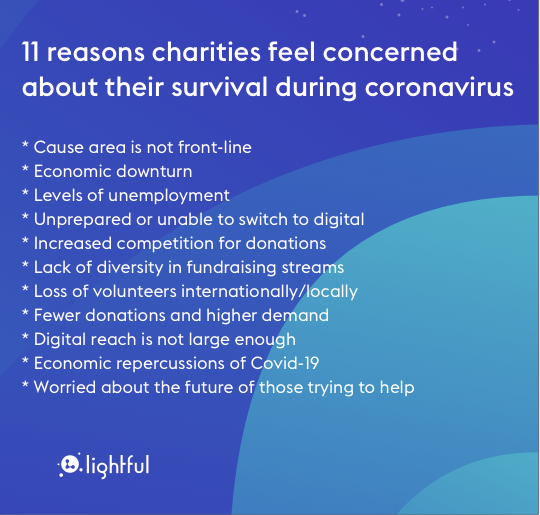
Financial uncertainty makes a big concern for many charities all over the world. Whether it’s a lack of diversified income, economic downturn or a small number of online donations, the struggle is still present.
We are also hearing the concerns from many charities that they feel that their cause area is not ‘essential’ and not being on the front-line can affect survival. It’s useful to remember that all charities are still providing essential work to their cause area and working on the comms framing and the way you are talking about your work can help you increase the engagement and the donations in the current situation. Our recent digital drop-in session on crisis comms involved such questions and how you can address this challenge.
Another big concern has to do with the struggle switching to digital or the lack of skills to do so. Worrying that your digital reach or your online donations are not enough can still go back to the importance of equipping charities with the digital tech and skills to continue their work.
What makes a charity confident they’ll survive COVID-19?
Despite the concerns, there are still opportunities for many charities to be optimistic in the current situation. There seems to be a correlation between being digitally-savvy and feeling more confident about their organisation’s future.
We’ve asked charities to explain their level of confidence and concern in a free-form answer that would give us a better idea of where they are and how we can support them with their current needs.
Here are 8 emergent themes in the responses on the reasons that charities feel confident about their survival during coronavirus
- Greater visibility due to Covid-19
- Loyal donors/funders
- Ready/Able to adjust to online operations
- Shift in fundraising strategy
- Established charity/Survived many crises before
- Reserve funds
- Solid fundraising team
- Strong online presence
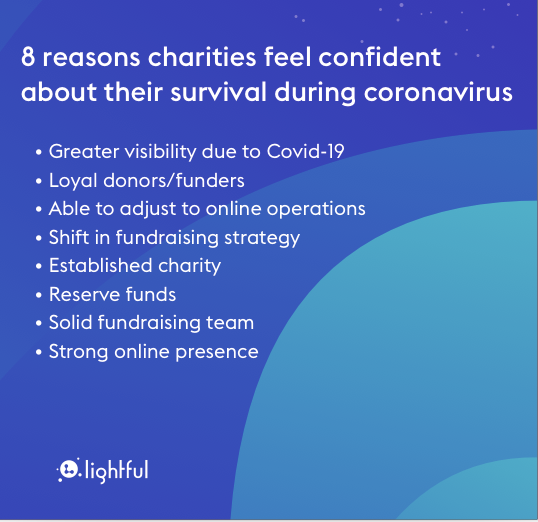
What do these mean?
Charities that are feeling confident right now about their survival rely on a strong online presence, loyal donors, rapid shifts in their fundraising strategy and quick adjustment to online operations. Moreover, working in essential areas and having reserve funds can be of great value.
What we can learn is that it’s still not late to learn from what others are doing to adjust your strategy and your objectives towards your survival. Embracing digital services and platforms and helping your team adjust to the new situation can be crucial to your future.
Planning for a digital future
It’s more important than ever to cultivate a digital culture that will help you survive during challenging times. Despite the growing concerns from many charities, there is also an opportunity to embrace a digital transformation that might not have happened at such a rapid pace.
We’re working closely with our partners to ensure that we can equip charities with the best tools and support to feel more confident and prepared for the future.
Don’t miss our next blog on the link between confidence in digital skills and survival during COVID-19.
Join our Webinar
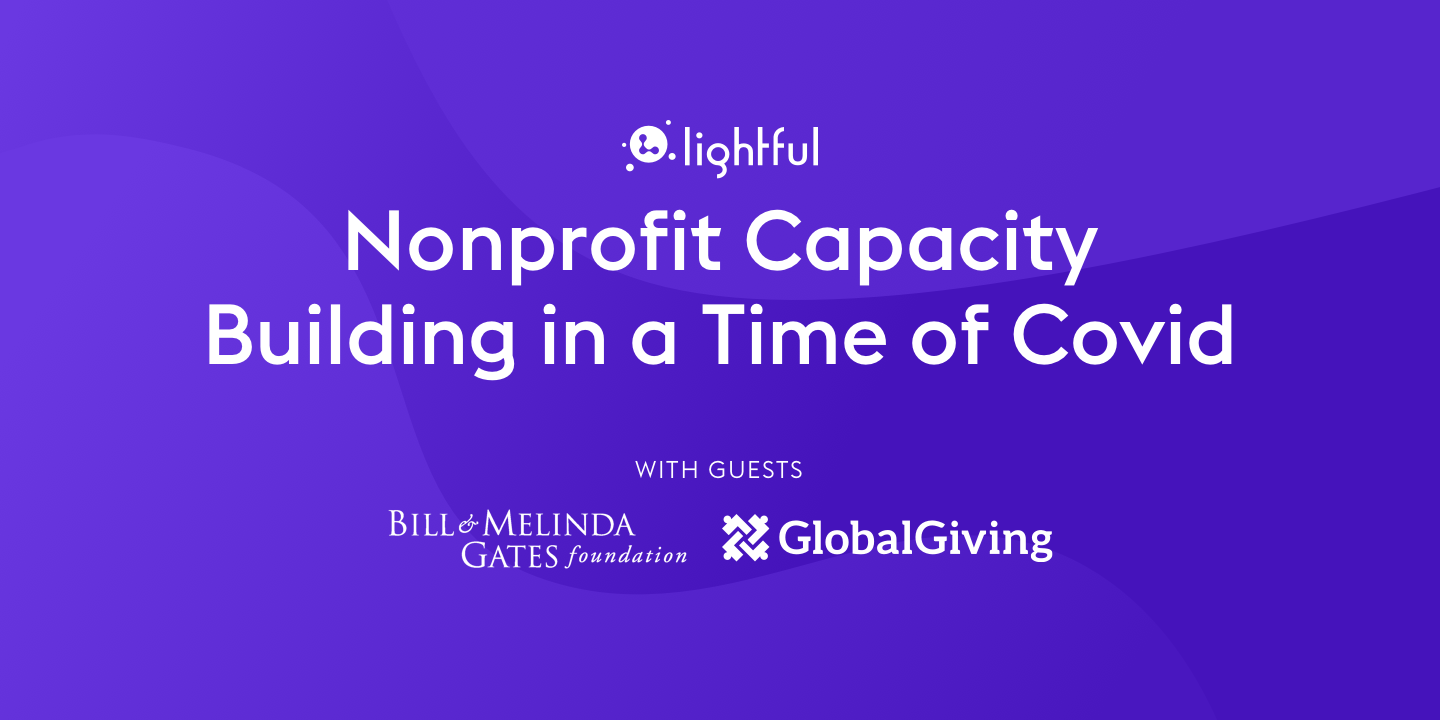
The Lightful team is delighted to invite you to our forthcoming webinar on July 2 with the Bill & Melinda Gates Foundation and GlobalGiving to discuss nonprofit digital capacity building and how it is rapidly evolving during COVID-19. You can register here.
Latest articles

In a world of growing uncertainty, small and local non-profit organisations often find themselves with competing priorities and struggle to plan how to allocate their available resources. Despite the increasing demand for their vital work, they are not always able to allocate the funds they receive to strategic planning and future growth.

As the world becomes more digitally-focused, it’s essential for nonprofits to have a digital presence. With more and more options for online engagement, we know that this can be challenging for nonprofits to tackle. But, we also know that it is a huge opportunity to increase audience engagement, awareness and fundraising. To help nonprofits navigate this, we’re going to explore the “whys” and “hows” of creating a nonprofit digital strategy. We’re even providing a free digital strategy canvas to help nonprofits improve their online presence in just a few steps.
Related posts
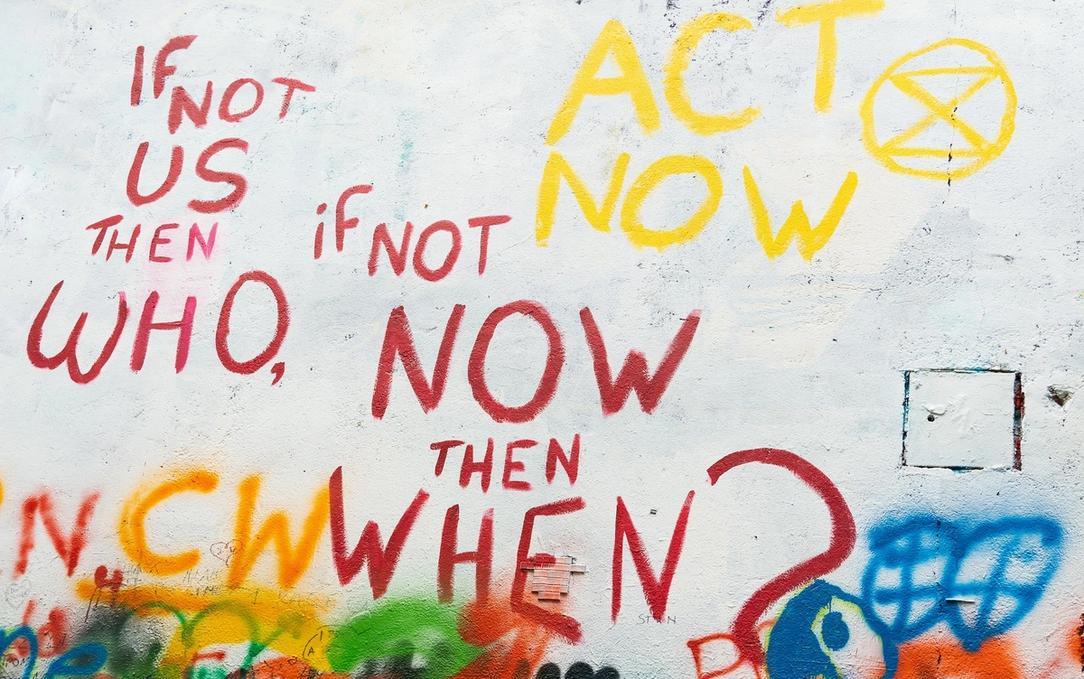
Environmental organisations around the world are working hard to tackle climate change, often with limited resources. What’s the role of digital communications in this battle and what support do they need?

We talked to Chakara Wheeler from the Community Foundation of Greater Flint to find out more about her work and her experience being part of the BRIDGE programme.
See who we help
Contact us
Want to learn more?
Email Jonathan and start a conversation





